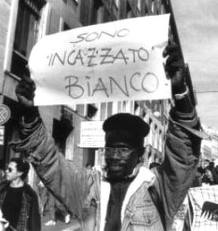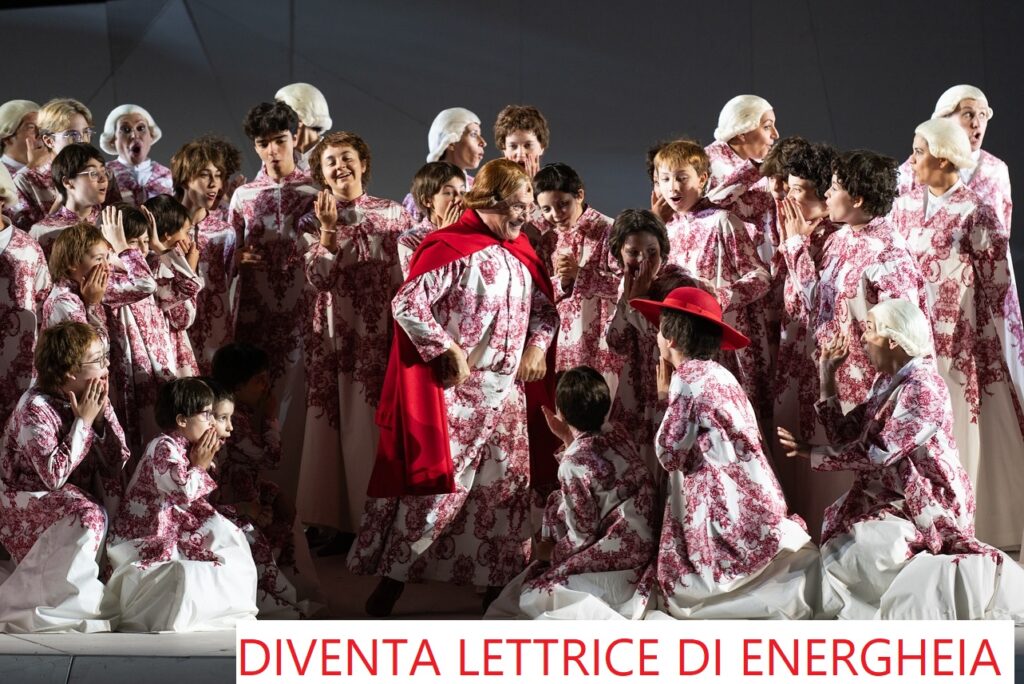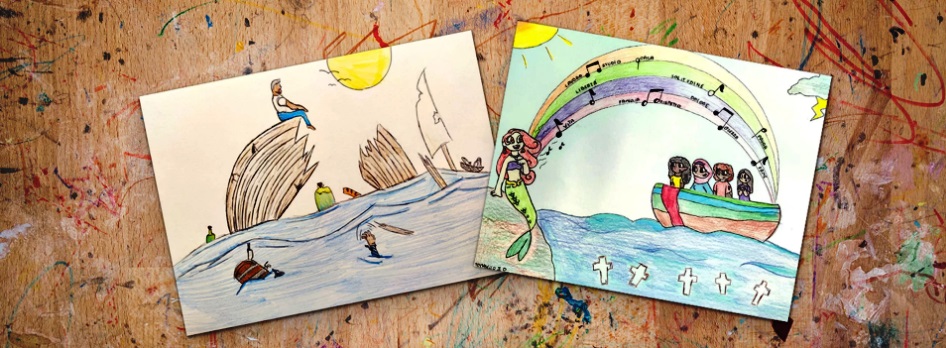A victim of deception_Michael K. Macharia
He treats me like simpleton, to serve his insatiable whims at the behest
of my family. He must know do not subscribe to this. Sooner than later.
Murimi resolved as he walked haggardly along the path. His overcoat
hung loosely on his right shoulder. A small cloud of dust gathered behind
every step he made with some settling on what was left of his pair
of trousers. He could not quite remember when he had bought it. Must
have been on his last pay.
The sun was scorching hot and the sky was cloudless. It had not rained
for months. People in his neighbourhood including his own family
would soon starve to death if nothing less of a miracle happened to save
the situation. A drop of sweat fell on his eyes almost blinding. Yet, he
remained resilient despite the harsh conditions of weather. Murimi was
a strong believer in the humanities ability to save itself from the evils
that had beset it. He firmly held the view that the solution to the legionary
problems facing mankind lay with man himself.
He, like many of his contemporaries, felt deceived by the recently elected
government. They had placed a lot of hope in the new breed of leaders
as the panacea to the problems that had bedevilled the community
over the years. They had unanimously cried loudly for change.
However, few had thought what kind of change they wanted. The atmosphere
soon after the elections was euphoric as the whole country
overwhelmingly rooted out the previous dictatorial regime, whose
greatest failures seemed to have become elusive to the public con-
sciousness. The euphoria had degenerated into apathy and utter despair.
Murimi was awakened from his temporary aberration by the voices of
the village women who had gone to their river to draw some water for
their homesteads. The river seemed to be the only sign of life left to the
beleaguered villagers. The women were talking agitatedly to each other
and he could pick a few words as he approached them.
“…cannot trust them anymore”, said one woman.
“I had woken very early on that day leaving my chicks without something
to break the night long fast”, said another.
“I did not want to be the one to miss riding on the political momentum”,
still another one added, “only one thing mattered then: a person who would
remember the tribulations of the down trodden”.
Another interjected saying: “Politicians are like serpents; they use sweet
words just to get your vote and then forget until the next round comes”.
“No wonder they all have that stomachs come first”, Wambui concluded,
as the others broke into a laughter.
Murimi could see them all as they sat each on her jerry can. He passed
them on the other side without paying much attention to them, but thinking
of their conversation. “What has beset our motherland that we all
seem to be preoccupied with the same thing?”, he pondered.
“Are they also victims of deception?”, he asked himself.
“This thing is the greatest tragedy of our lifetime”. He summed his
thoughts.
He was tired having been on duty throughout the night. He hated to think
of what he was doing as a job, yet he found himself taking that route
every evening. He was disillusioned by the dilemma of having to work
but not receiving his wages. He wondered why he had to keep on struggling
long after independence had been won. It was however evident to
him that though political independence had been won, economic freedom
remained a mirage.
Colonialism was replaced by a bigger animal in the face of black imperialists
who owned and controlled the means of production. Besides,
he felt, like many other peasants, his labours were being used to enrich
the rich. Work to earn a living had become work to give them a living.
He had left home the previous evening penniless and his child would
have been going without a morsel for the third day running if his mother
did not succeed in getting something for him.
He was worried that his relationship with his wife was moving along
the conveyor belt from the frying pan to the fire. She had become increasingly
quarrelsome of late with a threat to desert him apparently for
suffering from several cold and lonely nights syndrome, a condition that
had become prevalent among young women whose husbands worked
as night watchmen. He was at a crossroad in his life: to lose his job and
keep his wife, or lose his wife and keep the job that did not afford him
enough for his family. He needed both.
Murimi had excelled in his academics, something that had propelled him
to the university. He studied philosophy in which he equally passed magna
cum laude. He had great hopes of landing on a plum job in some nongovernmental
organisation before proceeding for post graduate studies.
Upon his graduation, he had taken his papers to a number of organisations
which had promised to get in touch with him soon, but days turned
into weeks then into months as nothing seemed to happen.
But the stark reality outside the campus lecture halls was too confounding.
Philosophy at its best remained a good intellectual activity, a
true platonic experience whose paradigms were not palatable in the
modern consumer society.
He found himself working as a beachcomber before he got his present
job as a watchman, thanks to the kindness of Karianime, his boss.
To Murimi, Karianime was the epitome of all his problems. He was a
short, stout man with a protruding beer belly and a head whose hair become
as rare on his head as coniferous trees are to the Sahara desert.
His face was wide with a peeling nose planted at its heart. He was a rich
man by any standars. He owned a big undeveloped farm in the outskirts
of the city. He, however, had built himself a bungalow in which he lived
with his wife and two children, who were attending high school in the
city. The teenagers would be home this coming Christmas wich was only
a while away.
It was on this farm that Murimi was employed as a watchman. He dutifully
arrived on the farm at six in the evening ready for his round. He
was stationed at the gate and his main responsibility was to open the gate
for the sleek Mercedes Benz in which Karianime was chauffer driven.
Karianime cannot be said to have sweat his way up to riches. His father
was a well known politician who enjoyed influencing things on the political
arena. After his “O” levels, which he had not passed, Karianime’s
father was able to fix him in the ministry as a junior officer. Merit was
not the norm then for this was the time when money spoke loudly and
clearly. Being no imbecile, he learnt the rules of the game soon enough
to enable him to easily manipulate his way up through the rank and file
of the civil service. From this position he gained a lot of influence and
anyone who visited his office for help had to grease his hands considerably
well. This plus his inherited fortune had seen him enjoy his present
social status and rub shoulders with the high and mighty along the
corridors of powers and prestige.
But for Murimi, this was not anything to go by since Karianime was greatly
responsible for his terrible predicament. His salary, if what he got merited
the name, was in arrears for innumerable months. His family was
starving and always adorned in tatters not to mention that his child had
not been to school for lack of school fees. It was terrible for him and
found it difficult to understand why Karianime had become so bestial
in his dealings with his serfs.
Murimi was depressed, and was now walking like a robot, controlled
by powers beyond his realm of understanding.
“What is life?”, he seemed to ask.
“What is the meaning of all this that I am going through?”.
“Do these people realise that it is our blood and sweat that keep them
in the echelons of their riches?”.
“But they can’t since they have neither a mind to know nor a heart to
feel”, he concluded as he came face to face with his son, Karigu, lying
by the gate to his compound.
He was baffled by the image of his son lying there almost lifeless. One
thing he was sure of was that his son had not eaten anything. Utter despair
engulfed him as instant rage rose in him. He had to do something,
and pretty fast, to save his son’s life. Karigu was everything to him and
he could not find any meaning in life without him. He ran the rest of the
distance to where his son lay, kneeling down to feel his pulse. He called
out to his wife, “Mugure! Mugure!”, no response. He rose running to
the house as he shouted her name. Dead silence! Cold silence! Cold silence
like that of a grave was all that greeted him. Rage gave way to
panic as he tried to come to terms with the naked reality of his awful
predicament: Desertion.
Mugure, his wife had finally left him. He felt like a deflated balloon.
He walked back to his son in a quagmire. Unable to think straight, he
knelt down beside his remains feeling too stricken to fight back.
“I should have done something”, were his remorseful feelings and
thoughts, but it was too late as events had overtaken him. He spent the
rest of the day in spasmodic moods of frustration despair and guilt. He
went to work that evening with one thing in mind: to teach Karianime
a lesson.
It was not unusual for Karianime to stand by his bedroom windows every
morning after having a shower. Just outside this window there stood a
big clove tree that was home to many birds. He admired the beauty of
their melodies before dressing for his breakfast. But on this morning there
was something eerier about the tree. The birds were missing and the coldness
of the silence that hit him was disturbing. He searched the tree not
knowing what he was looking for.
It was there. He saw it clearly but was shocked that it was there. He felt
a lump on his throat and almost vomited. He could not bring himself to
facing it again. He turned and ran towards the dining room. He found
his wife setting the table ready for breakfast. He was panting and his
wife noticed something odd with him that morning. He had not greeted
her as was the norm nor had he said anything to her. He was just there.
Check looked at her closely but could not get anything except for the
unusual silence from him. “What is it?”, she asked him, but got no answer.
She could see there was something terrible disturbing him.
“What is wrong?”, she asked him again.
He took her by the arm and led her to the window. He pointed out to her
without saying a word. She stared without seeing anything unusual. He
pointed out to her again. This time she followed the indexing finger more
closely. She saw it. It was there, too real not to see it.
“Uuuu Uuuu Uuuu”, she cried out. There he was.Murimi was dead and
his body hang precariously just above the bedroom window, with his
eyes wide open and his tongue falling out.
A simpleton, that he ostensibly was, had spoken once and for all.





